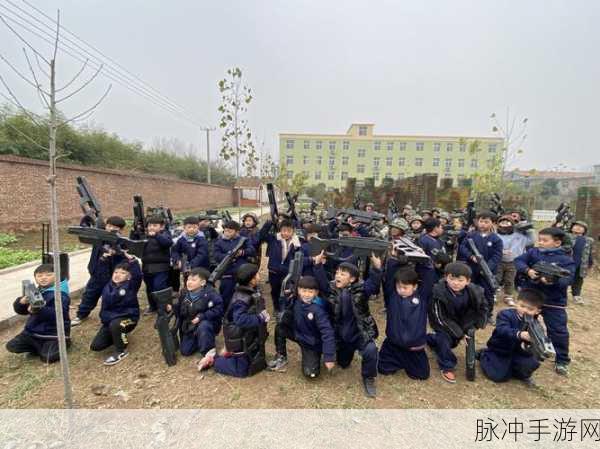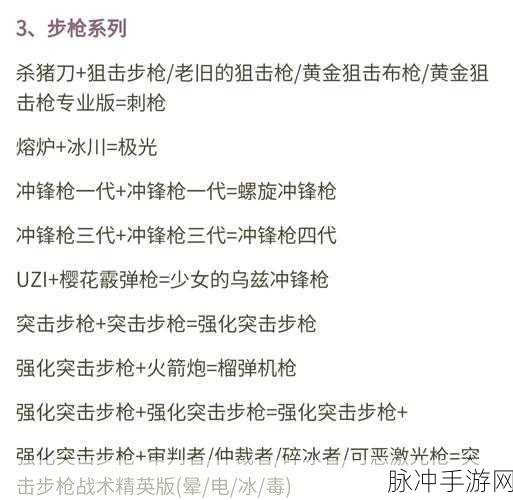智能家居的便捷生活
科技的发展不断推动着家庭生活方式的变革,智能家居系统逐渐成为现代人日常生活的重要组成部分。这种新型的家居环境不仅提升了舒适度,还为用户提供了更高效、环保和安全的体验。通过各种设备的互联互通,人们能够实现随时随地对家庭事务进行管理。
提升日常便利性
利用智能助理,如Amazon Alexa或Google Assistant,可以轻松控制灯光、温控器及其他电器。简单的一声令下,房间中的一切都可瞬间调整,这样不再需要亲自走到每个开关前,大大提高了效率。而且,通过手机应用也能在外出时远程监控和调节家庭环境,例如设置定时开启空调来迎接归来的自己,让回家的感觉更加惬意。

能源管理与环保意识
许多智能家居产品具备自动化功能,可根据使用模式优化能源消耗。例如,智能恒温器可以学习住户习惯,自主调整室内温度,从而节省能源并降低费用。同时,还有一些设备支持太阳能等可再生能源,与传统用电结合,实现真正意义上的绿色生活。此外,由于实时数据反馈,用户可以直观了解自身用电情况,有助于养成良好的环保消费习惯。
安全性保障
现代技术使得家庭安全防护措施有了质的飞跃。安装摄像头以及门窗传感器后,即使离家,也能借助手机查看实时视频,并收到即时警报。一些先进系统甚至配备面部识别技术,当陌生人靠近时会立即通知用户。有条件的话,将这些设施与当地警方紧密连接,一旦发生异常状况,可以迅速得到专业帮助,为居民构建一个安心无忧的空间。

User-friendly界面设计
Certain interfaces have been specially designed to accommodate all age groups, ensuring that even non-tech-savvy users can easily navigate and operate their smart home systems. Touchscreen panels or voice command features make it easier for elderly family members to interact with devices without feeling overwhelmed by complicated technology.
The Future of Smart Homes
The future looks promising as innovations continue to emerge in the realm of smart homes. Artificial intelligence is set to play a pivotal role in this evolution, enabling machines not just to respond but also predict user needs based on past behavior patterns. This level of customization will elevate comfort and convenience while making life more harmonious.
TecChallenges Ahead
The integration of various devices presents some challenges, particularly concerning compatibility among different brands and platforms. Users often encounter difficulties when trying to sync products from distinct manufacturers due to discrepancies in protocols and communication standards.







